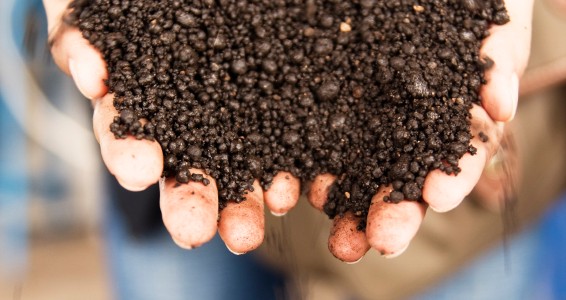Unfortunately many gardeners rely on chemical fertilizers to grow their trees, grass, flowers, fruits and vegetables. However in recent years there has been an increase in awareness about the amount of chemicals we use in our yards and how it can negatively impact the environment and our friends and family in the long run.
Thankfully with the “green” movement there has been an increase in number of healthy, natural and organic fertilizers. Here are 3 natural garden fertilizer alternatives to chemical fertilizers.
Bat Guano
Bat guano is the ultimate 100 percent natural fertilizer. It comes straight from the butts of bats, into your yard or garden. Farmers and gardeners have used bat guano as a fertilizer for hundreds of years. It wasn’t until recently that inorganic fertilizers have become popular enough for people to forget that there is a natural option that works just as well! The manufacturers of this product state that they follow the high standards of Bat Conservation International, so you can feel good about buying this natural garden and bat-friendly fertilizer. Bat Guano works great as a soil builder and fertilizer.
Fish Meal Organic Fertilizer
Like bat guano, fish meal is a natural organic fertilizer that was traditionally used by gardeners and farmers before the advent of inorganic fertilizers. Fish meal contains important trace elements, which makes it a complete plant food. Fish meal works quickly and provides plenty of phosphorous and organic nitrogen.
Kelp Meal Fertilizer
Kelp meal fertilizer is made from brown seaweed harvested from cold ocean waters. Once harvested, the kelp is dried and ground up to produce an excellent organic fertilizer. The dried kelp maintains a high content of plant growth hormones, essential minerals and organic material. An added benefit is that kelp meal provides a slow, sustained release of nutrients. Organic kelp fertilizers are fully approved for organic gardening. They work great for flowers, trees, and your lawn.
Sources: sustainablog.com, (http://sustainablog.org/2008/05/low-impact-living-twelve-tips-for-eco-friendly-lawn-care/), extremelygreen.com, (http://www.extremelygreen.com/fertilizerguide.cfm).
